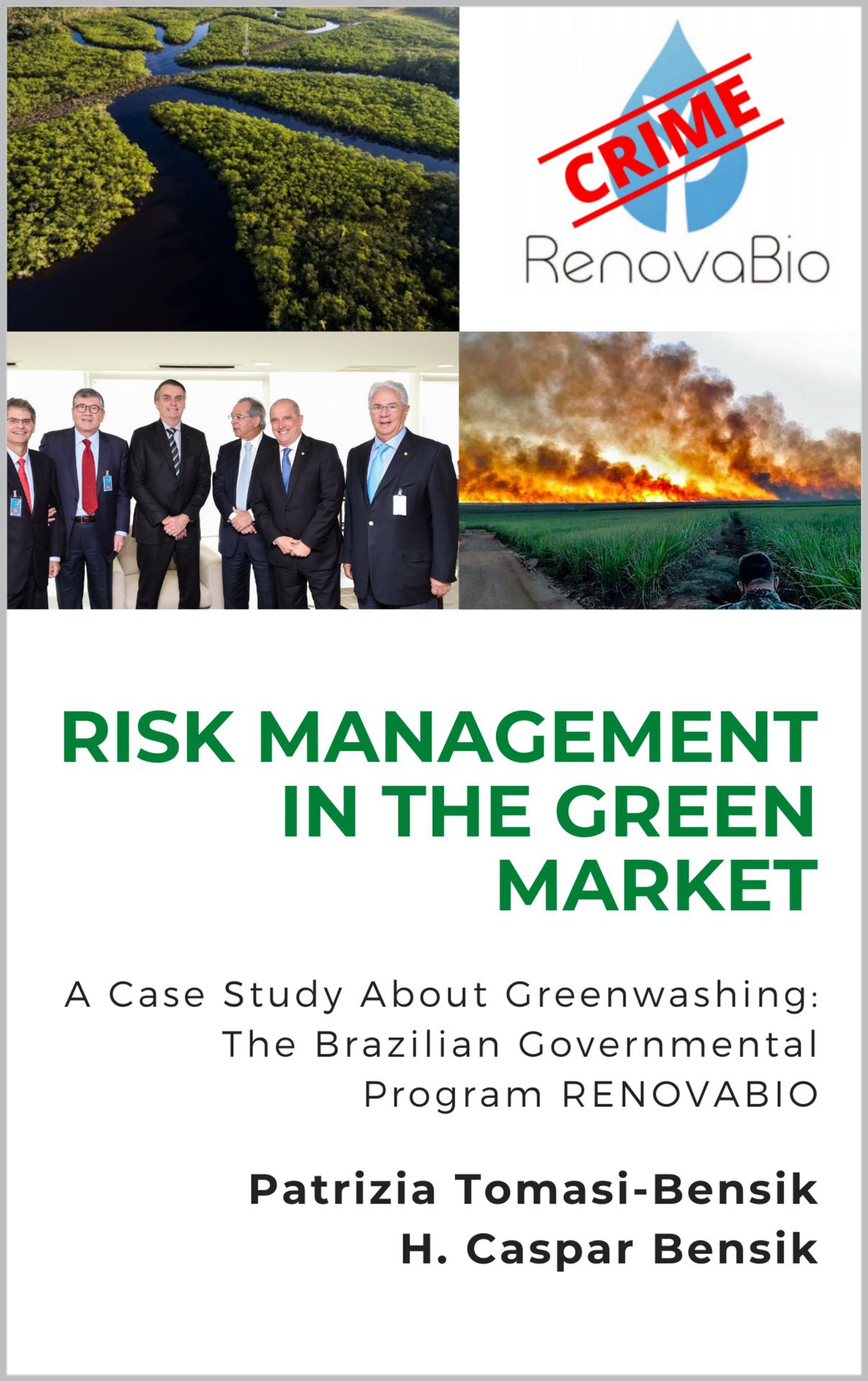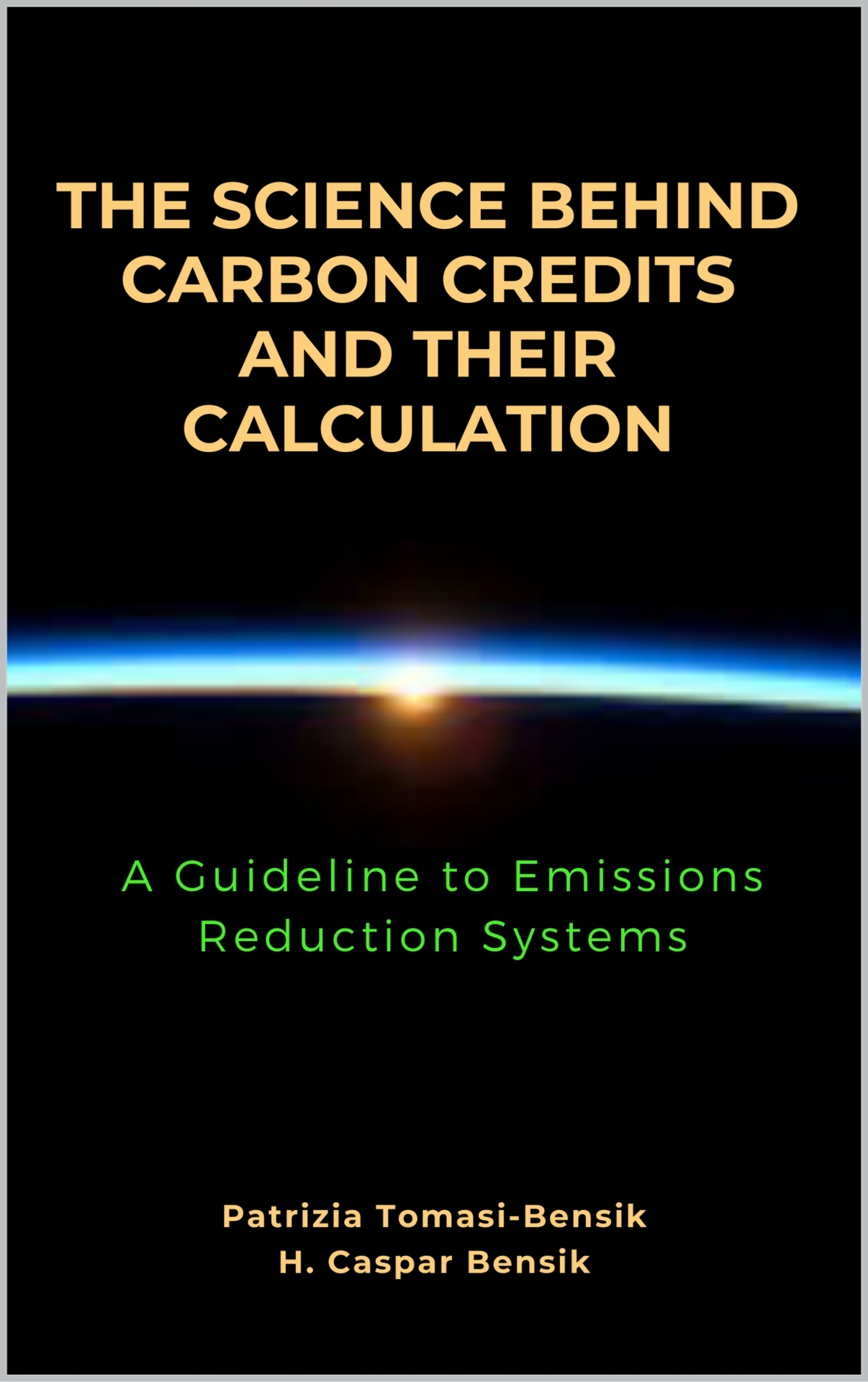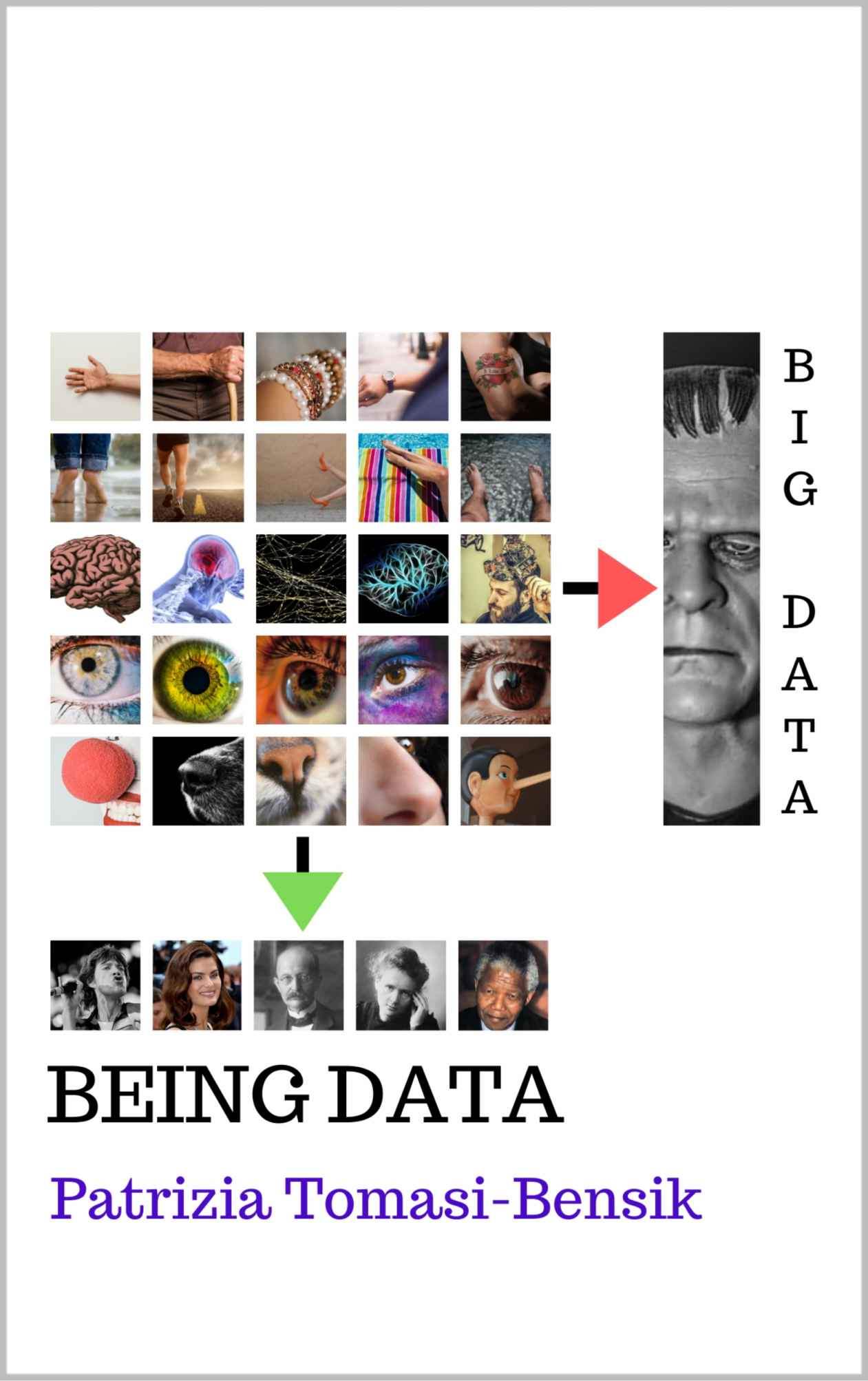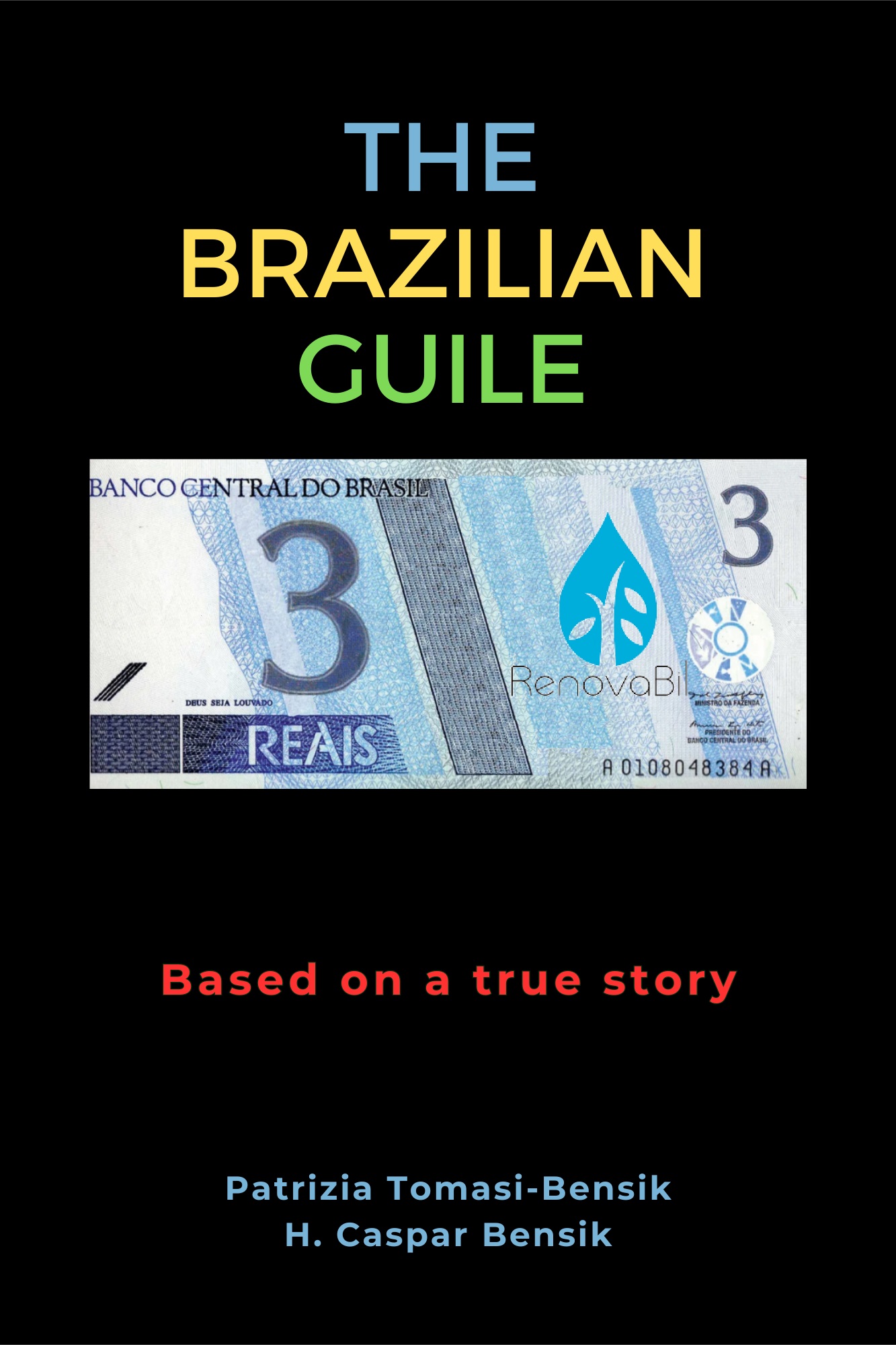Planck E Books
Risk Management in the Green Market
A Case Study About Greenwashing: The Brazilian Governmental Program RENOVABIO
Publishing date: 2021-02-16
Last update: 2021-02-16
Format(s): Kindle and Paperback
Author(s): Patrizia Tomasi-Bensik and Caspar Bensik
The cracking story about RENOVABIO and the Brazilian sugar and alcohol sector in the biggest greenwashing scandal in history, a fable of greed, arrogance, abuse of economic power, and the certainty of impunity in a country that could be the biggest generator of carbon credits in the world, but has two highly impeding factors: corruption and ignorance. All of this is from the multifaceted and privileged perspective of Patrizia Tomasi-Bensik, a technical expert and member of the UN department on climate change that audits carbon credit certifying entities.
The incipience of the Green Economy favors wrongdoings. However, no greenwashing on the planet has gone as far as the Brazilian government program RENOVABIO.
And it all starts with a law. Evandro Gussi, an elected federal congressman for the sugar and alcohol sector in 2014, proposes a bill that creates a government program where the Brazilian biofuel sector produces carbon credits from absolutely nothing. The problem: the CBIO decarbonization credits are fake, and the RENOVABIO program typifies the crimes of embezzlement, market reserve, and ideological falsehood.
Being guaranteed by two first-line banks, Bradesco and Santander; the largest stock exchange in Latin America, B3; two international certifiers, SGS and Bureau Veritas and renowned academic and research institutions, EMBRAPA, Unicamp, and FGV; the fraud gains contours of legitimacy.
In 2017, the project became law number 13.576/17, and Gussi, ending his only term, was instated president of the largest association of sugar and alcohol producers in Brazil. The expectation of financial return? US$300 billion in 10 years.
Risk Management in the Green Market encompasses false theories related to the eco-sustainability of ethanol, the poisoning of the environment and indigenous children, soil impoverishment, and Amazon deforestation. Above all, the production of biofuels triggers hunger.
What does the book Risk Management in the Green Market answer?
- How to assess potential scandals in the green markets?
- Are biofuels good for the environment?
- What is an example of institutional greenwashing?
- What is Renovabio and why is it an illegitimate program that does not help Brazil's environment?
The book Risk Management in the Green Market assesses:
- Slave labor, Ometto conglomerate, private monopoly, corruption, sugar and alcohol sector, sugar mills, greenwashing, Amazon deforestation
- CADE processes, MPF, PF, MPF, list of politicians sponsored by the sugar-alcohol sector, list of partners of Rubens Ometto
- Additionality, false carbon credits, CBIO, false low GHG emissions, collusion of powerful banks and Santander, Bradesco, B3, MME, Ministry of Economy, EMBRAPA, FGV, SGS, BV, Unicamp, and ANP
- Dismantling the false theories relating ethanol to sustainability, manipulation, and overthrowing the value of false CBIO carbon credits. The book has elements that prove the falsity of RENOVABIO, elements that prove the practice of ideological falsehood, market reserve, and embezzlement, crimes that are being practiced now, in Brazil, with the Renovabio program
- Market reserve, control of anti-trust institutions, control of the media narrative, control of politicians, embezzlement, misrepresentation, market reserve
- The manipulation that occurs on a subject that is difficult to grasp, but of great popular interest, which is climate change, as fertile ground for politicians sponsored by the Brazilian sugar and ethanol sector
- How does the Brazilian sugar and alcohol sector do all this, lying, forcing the political and communication machine to accept the unacceptable
- The arrogance on the part of the Brazilian sugar and alcohol sector and the government, banks Santander and Bradesco, B3, EMBRAPA, FGV, SGS, BV, and Unicamp, in creating a program that generates false carbon credits. A totally bogus program that distorts the principles of eco-sustainability.
- Abuse of economic power through the corruption of politicians and scientists sponsored by the sugar and alcohol sector, such as EMBRAPA, FGV, SGS, BV Unicamp
- The classic example of cognitive dissonance. How do they convince the public that they are doing something good, because they were authorized to generate carbon credits in the past and achieve this with the support of academic and research entities that they sponsor, such as EMBRAPA, FGV, SGS, BV Unicamp
- Soil impoverishment, the issue of vinasse, monoculture, the destruction of family agriculture, methane production, slave labor, and risks to the indigenous population
- Example of promoting the False Consensus Effect in the green market
- Social injustice through the production of biofuels
- If cigarettes cause cancer, ethanol also kills, via hunger, pollution, and destruction of the environment
- The exposition of the absurdities related to ethanol being sustainable, which assesses the irrational exuberance of the sugar and ethanol sector
- The detailed exposure of the criminal program Renovabio and its false CBIO carbon credits, with the aim of embarrassing those involved, to the point of putting an end to the scheme
- The tactics of the sugar-alcohol producer the sense of destroying those who oppose it
- Renovabio is a classic example of exploiting idiocracy, as in the 2006 film Idiocracy, as it puts pressure on political correctness, where people unfamiliar with the complexity of the green market do not realize its illegality
- Soil nitrification, and the extinction of familiar agriculture being obscured by the image of sustainability. Responses from the ANP, defending the criminal program Renovabio and its fake CBIO carbon credits
- Biofuels are bad for Nature and the sugar and ethanol sector is still creating a government program, Renovabio, which generates false carbon credits, the CBIO, on the myth of green, which is nothing but greenwashing
- The ANP and the MME (official Brazilian government agencies) are deeply involved with the sugar and alcohol sector in a government program that they themselves recognize was invented
- The fallacy propagated by the sugar and alcohol sector that claims that biofuels are the solution to climate change
- As the sugar and alcohol sector, allied to the Ministry of Economy, the MME, the ANP, EMBRAPA, FGV, SGS, BV, and Unicamp create a myth around the sustainability of the criminal program Renovabio and its false CBIO carbon credits, saying that they are lines and types of agriculture that do not compete with food
- Alerts the financial market about the proximity of the outbreak of an Enron in Brazil
- Exposes crimes against people, the environment, and the financial market, harming the consolidation of the green market in Brazil
- Evidence that proves the fuel distributors' lack of knowledge regarding the green market and its exploitation by the sugar and ethanol sector, in collusion with the Ministry of Economy, MME, ANP, EMBRAPA, FGV, SGS, BV and Unicamp
- The possibility of doing justice, including reimbursement of amounts unduly paid by distributors of fuels in the acquisition of false CBIO carbon credits
- The plot that gives the sugar-alcohol sector an illusory superiority, involves politicians, the press, banks, the financial market, the ministry of economy, MME, ANP, EMBRAPA, FGV, SGS, BV, and Unicamp
- The modus operandi that allows the Brazilian sugar and alcohol sector to benefit from crimes of embezzlement, market reserve, and ideological falsehood that characterize the Renovabio program and its false CBIO decarbonization credits
- The tactics used by the sugar-alcohol sector to create false carbon credits, the CBIO from scratch, within the criminal program Renovabio
- The insistent maintenance of the lie about ethanol being green and sustainable
What does the book Risk Management in the Green Market teach?
- Greenwashing, epiconomy, carbon credits, decarbonization credits, ecological credits, fake carbon credits
- How to build a private monopoly
- How to take down a private monopoly
- How to prove government programs false
- How to prove the falsity of carbon credits
- Complexity, epiconomy, fractals, ESG
- How corruption threatens democracy and quality of life
- How to identify patterns that will erupt in scandal
- How to do the math that proves that ethanol emissions are very high
- Biofuels are not the answer to climate change
- How biofuels affect food security
- How biofuel production affects health
- How harmful ethanol is to the environment
- As the Brazilian sugar and alcohol sector is deeply affected by irrational exuberance
- The Brazilian way of doing business
- How ignorance and power can choke the truth
- The sustainability myth behind biofuels
- How to identify manipulation in science
- How to identify manipulation in the markets
- How to spot the next Enron
- The limitations, government policies, and problems related to biofuels
- How to fight greenwashing
- How the expectation of one group for the behavior of another group actually serves to bring about the expected behavior
- Teaches elements of a too big to fail (TBTF) and how to approach the problem
Other Planck E Books
For further information about Planck E Books, please contact us.
For videos about The Crime of US$200billion, please go to our Youtube channel https://www.youtube.com/@planck-e
To learn more about holistic engineering, solutions inspired by nature, monetization of diseconomies, training courses or the incorporation of Being Data to your day-to-day, please follow us on the social networks.





